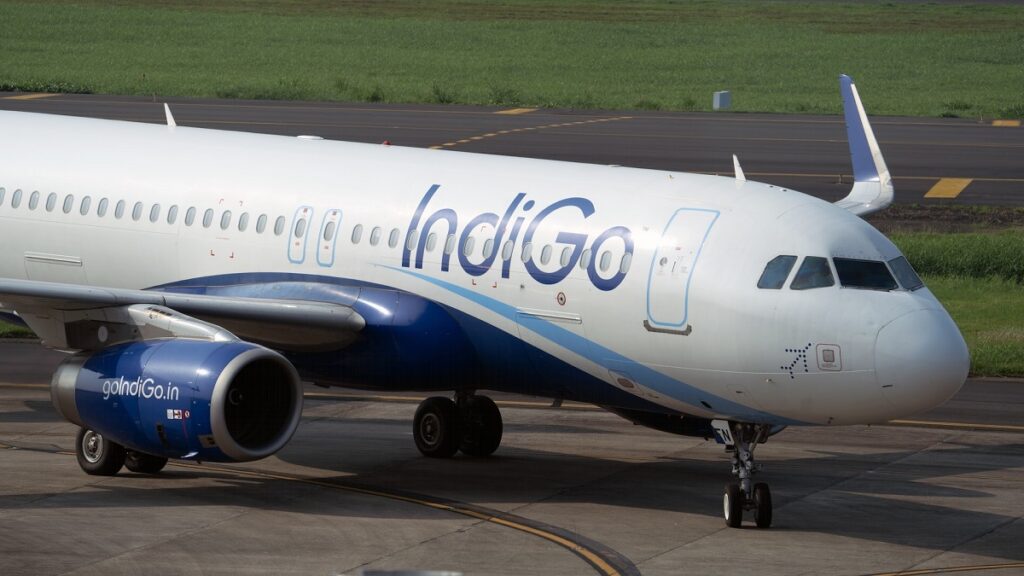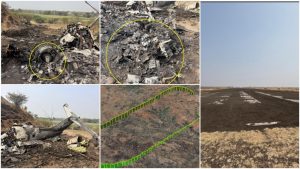IndiGo Pilot Falls Sick Before Takeoff: Delhi-Pune Flight Delayed Over 4 Hours

Delhi, July 06, 2025: A Pune-bound IndiGo flight from Delhi faced a grueling four-and-a-half-hour delay after its pilot fell ill just before takeoff on Friday, July 4. The incident highlights growing concerns over crew health and airline staffing shortages during peak travel seasons.
Flight Grounded as Pilot Takes Ill
IndiGo flight 6E 2262, scheduled to depart from Delhi to Pune, was abruptly delayed when the cockpit crew member reported feeling unwell. The aircraft returned to the bay following standard operating procedures (SOP), and the airline arranged for an alternative crew to operate the flight.
In an official statement, IndiGo confirmed, “The affected crew received appropriate medical assistance, and safety remains our top priority.” The airline apologized for the inconvenience but emphasized adherence to safety protocols.
A Recurring Issue in Indian Aviation
This is not an isolated incident. Just hours earlier, an Air India commander collapsed in the cockpit before a Bengaluru-Delhi flight, further underscoring the strain on pilots. Aviation experts warn that such cases reveal critical staffing gaps, especially during peak hours.
Last September, an IndiGo Pune-Bengaluru flight was delayed five hours after a pilot refused to fly due to exceeding duty time limits. Aviation blogger Ayush Kumar noted, “Airlines must roster backup pilots to handle such emergencies—delays like these expose operational weaknesses.”
Passengers Left in the Lurch
Under DGCA regulations, airlines are not mandated to compensate passengers for delays caused by crew unavailability. While IndiGo’s policy allows rebooking or refunds for delays exceeding two hours, many travelers remain unaware of how to claim these benefits.
Flight tracking data indicates that IndiGo averages 40-minute delays nationally, making this 4.5-hour holdup an outlier. Experts attribute the rise in crew health incidents to summer heatwaves and intense scheduling pressures.
Strict Duty Rules, But Are They Enough?
Airlines enforce Flight Duty Time Limitations (FDTL) to prevent pilot fatigue, yet last-minute illnesses continue to disrupt schedules. With travel demand soaring, the industry faces mounting challenges in balancing efficiency and crew well-being.
As passenger frustration grows, calls for better contingency planning and transparency in delay compensation grow louder. For now, flyers can only hope for smoother skies ahead.









